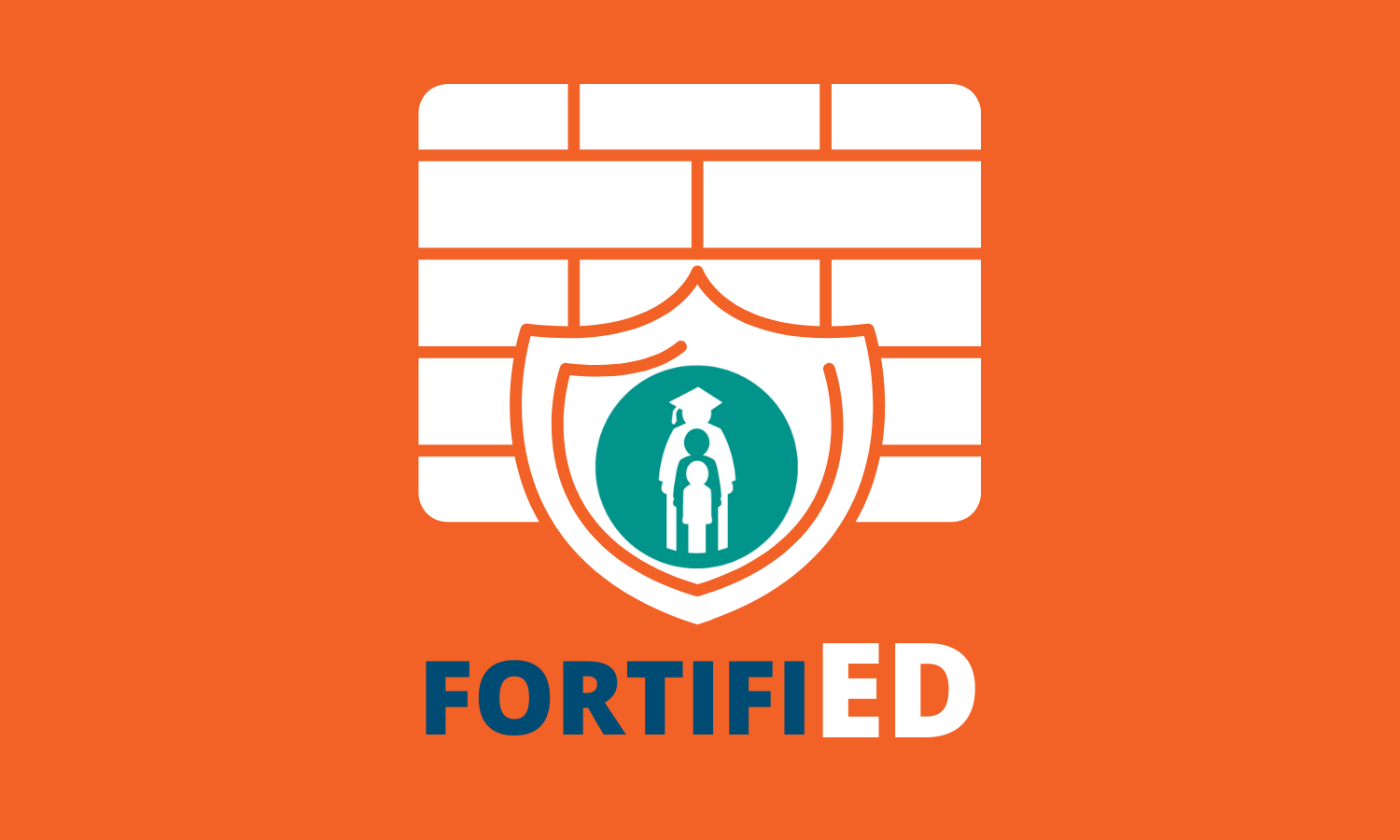Social media and I have a rose/thorn relationship. It’s a great way to keep in touch with friends and family, but at the same time, social media is a gift-wrapped box of chocolates for hackers. So, while many of us share the bad habit of scrolling with the small phone screen while half-paying attention to the latest episode of 90 Day Fiance or Married At First Sight, would-be attackers are not-so-hard at work.
They come at you in a number of ways. One of their more tried-and-true ways is through a tactic called “social engineering.” Social engineering is the art of manipulating people, so they willingly provide their confidential information. Believe it or not, hackers prefer this because it’s easier to exploit your natural inclination to trust than it is to discover ways to hack you. In their eyes, getting into your information is a LOT easier if you hand it right to them. No code or programming is needed, which totally frees up time in their weekend!
I bet you’re thinking “I’ve never provided a hacker anything about me. If you have a LinkedIn account, the attacker knows where you work, your coworkers’ names, and even some friends. Facebook is another culprit; first, it’s a crossroads of real people REGULARLY answering posts listing facts about themselves and fake profiles collecting the information.). Your mother’s maiden name? Your first car? Your first pet? The street you grew up on? Were you wearing a shirt with your favorite team’s logo emblazoned on the front? All of those answers frequently appear as the security questions to recover your password.
Those fun surveys like “What kind of potato are you?” or “Answer these questions and we can guess where you grew up” are the methods data groups use to provide the highest bidder with millions of data points about you. When you upload a selfie to see what you would look like in twenty years or as a cat, it now gives a hacker a face to go with the growing identity they are building.
At the minimum, those data points are used for marketing, and frequently for building profiles for their newest identity theft victim: YOU.
It’s not all doom and gloom. You can still enjoy social media safely if you follow a few basic principles.
Here are some of the best ways you can keep safe:
- Don’t be so open about what you share about yourself. Strangers are collecting your answers. And those strangers have no good reason for knowing intimate details about your life.
- Be wary of who you connect with; not every “friend” is a friend.
If an offer is foreign or unsolicited, it is likely a scam. - Avoid the surveys links, games, files, or anything in social media where you need to upload your photos; in many cases, they are developed by foreign actors, and their servers are not subject to US law.
- Be extra careful on dating sites. Cybercriminals will prey on emotional vulnerability and attempt to manipulate their victims into sending them money.
- According to the FTC, romance scams caused a record $304 million in reported losses in 2020!
- Use Multi-Factor Authentication. This step will protect you if someone uses the information they know about you to figure out a password.
- Don’t post anything you wouldn’t want to see in the newspaper. Even if you delete it, posts can live forever in screen captures. Social media posts and diamonds are forever!
- Don’t reveal when you’re home or away on social media. If you have to do a photo drop, do it when you return. Come to think of it, that’s also pretty handy for enjoying your vacation and living in the moment.
- Customize your privacy settings to be as restrictive as possible regarding who can read and see posts.
- Consider an account for people you trust and another for public use.
Be safe, and drop me a line if you have any questions.
GG (Good Game),
-Pete

